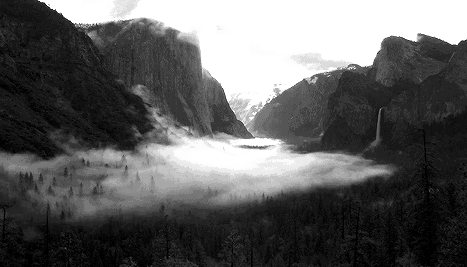-
Comment November 15, 2018
-
You should bear in mind the whole universe
Comment November 15, 2018 -
When you understand one thing
Comment November 9, 2018 -
The Story of Dhamma Listeners
Comment November 9, 2018Verse 85: Few among men reach the other shore (Nibbana); all the others only run up and down on this shore.
Verse 86: But those who practise according to the well-expounded Dhamma will reach the other shore (Nibbana), having passed the realm of Death (i.e., samsara), very difficult as it is to cross.
1. tiramevanudhavati: tiram + eva + anudhavati: shore + only this + run up and down: according to the Commentary ‘only this shore’ in this context means sakkayaditthi (ego belief).
2. paramessanti: param + essanti: the other shore + will reach. The other or opposite shore is metaphorically used for Nibbana.
3. maccudheyyam: the realm of Death (or samsara, round of rebirths).
The Story of Dhamma Listeners
While residing at the Jetavana monastery, the Buddha uttered Verses (85) and (86) of this book, with reference to a congregation of people who had come to listen to a religious discourse in Savatthi.
On one occasion, a group of people from Savatthi made special offerings to the bhikkhus collectively and they arranged for some bhikkhus to deliver discourses throughout the night, in their locality. Many in the audience could not sit up the whole night and they returned to their homes early; some sat through the night, but most of the time they were drowsy and half-asleep. There were only a few who listened attentively to the discourses.
At dawn, when the bhikkhus told the Buddha about what happened the previous night, he replied, “Most people are attached to this world; only a very few reach the other shore (Nibbana).”
Then the Buddha spoke in verse as follows:
Verse 85: Few among men reach the other shore (Nibbana); all the others only run up and down on this shore.
Verse 86: But those who practise according to the well-expounded Dhamma will reach the other shore (Nibbana), having passed the realm of Death (i.e., samsara), very difficult as it is to cross.
Dhammapada Verses 85 and 86
Dhammassavana VatthuAppaka te manussesu
ye jana paragamino
athayam itara paja
tiramevanudhavati1Ye ca kho sammadakkhate
dhamme dhammanuvattino
te jana paramessanti2
maccudheyyam3 suduttaram.Source: Tipitaka
-
-
If you want happiness for a lifetime
Comment November 9, 2018 -
These mountains that you are carrying
Comment November 8, 2018 -
Adjust the action steps
Comment November 8, 2018 -
Leaving it alone
Comment November 8, 2018 -
The noble-minded are calm and steady
Comment November 7, 2018


















